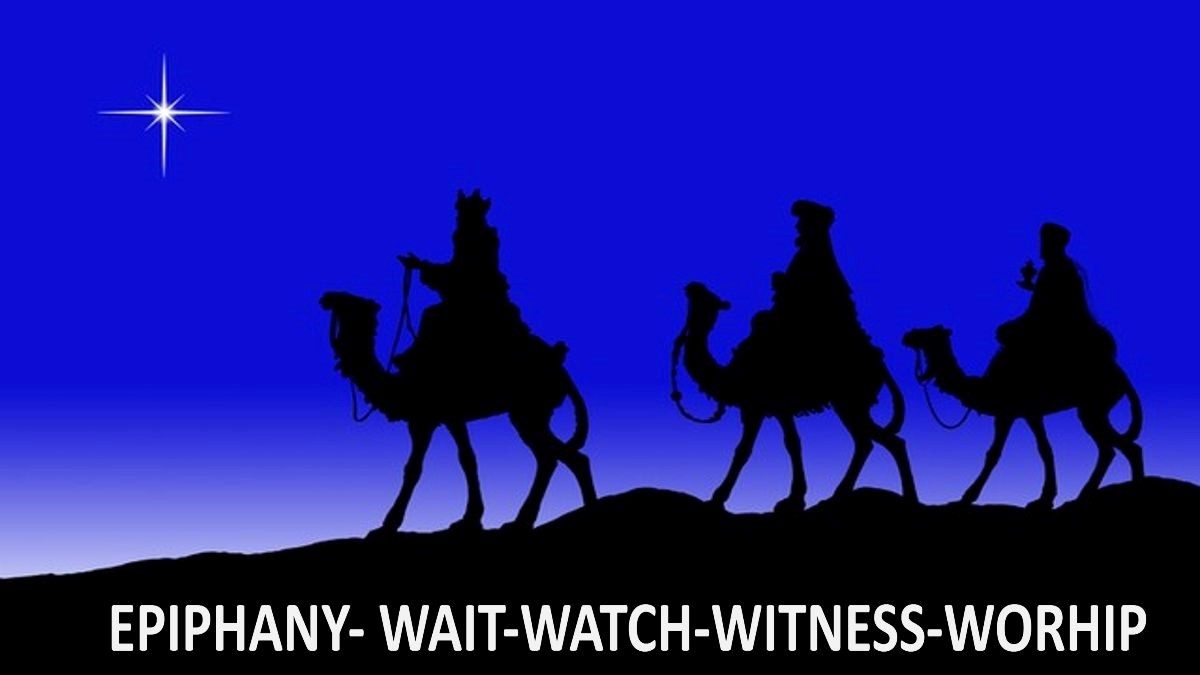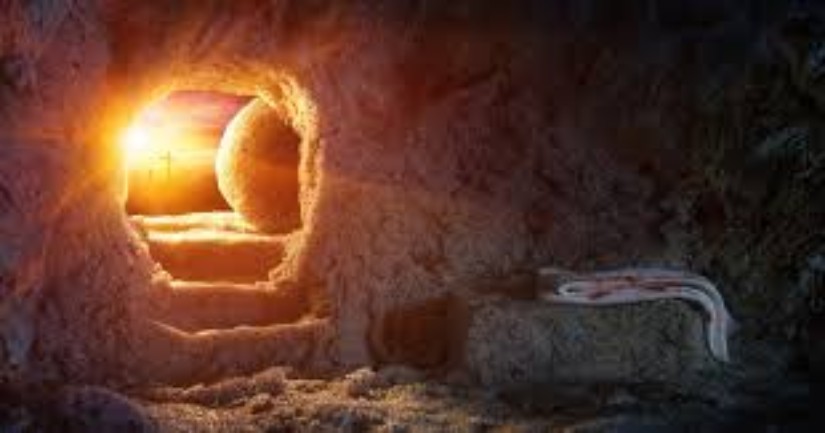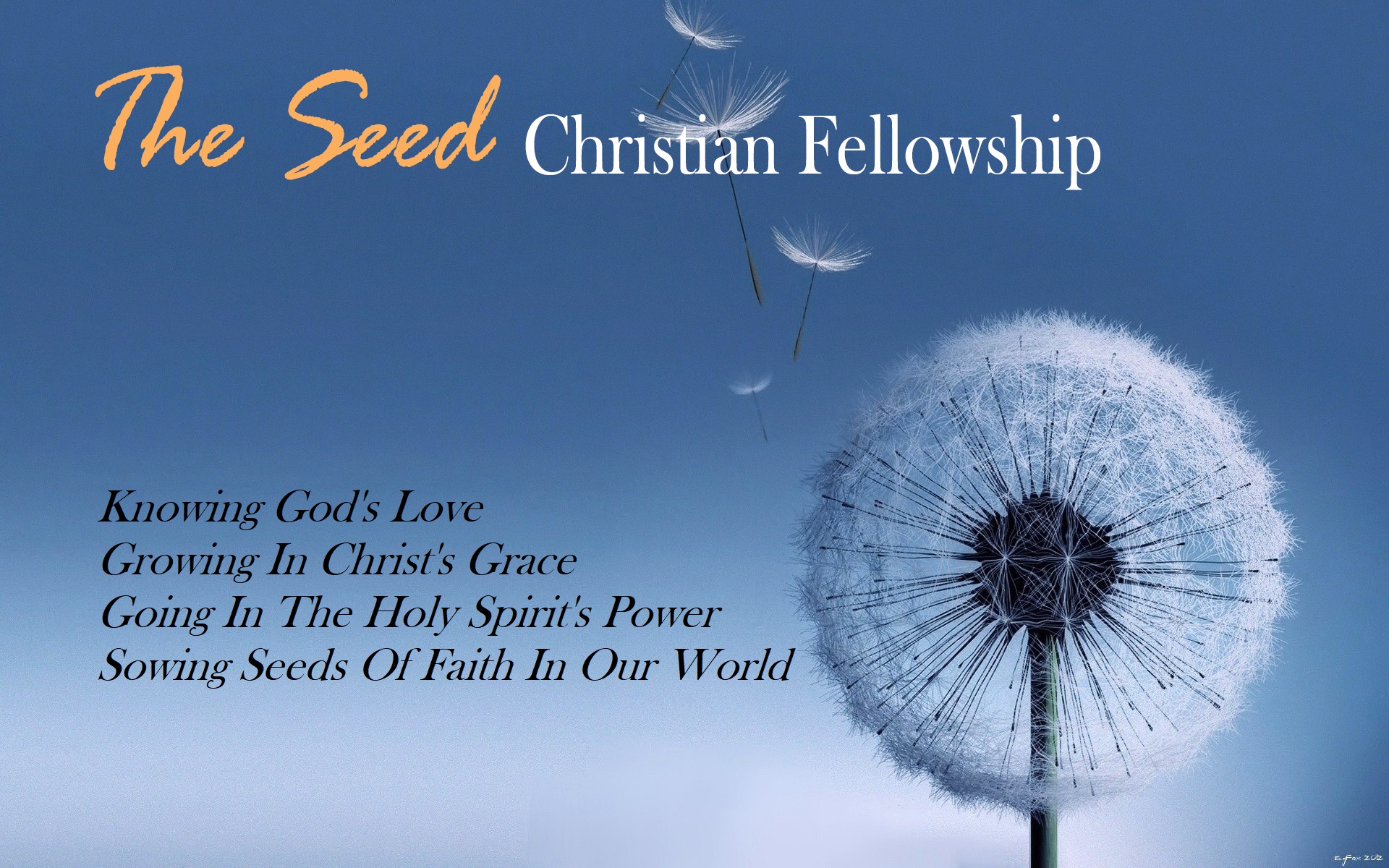Revelation 15:1-8 Preparing for the Last Seven Plagues

Revelation 15 begins the fifth section of Revelation, presenting the judgments of the seven bowls of wrath. We remember the relationship between the seven seals, seven trumpets, and seven bowls. There is no question that the seven seals encompassed the entire church age, with only the seventh seal corresponding to Christ’s return and the final judgment. The same is true of the seven trumpets. The sense in which the seven bowls finish God’s wrath corresponds to this sequence. The bowls show God as delivering final judgment on His enemies in history. The bowl judgments show what happens when God’s initial and partial judgments are ignored.
Revelation 15 opens up the visions of the bowls of wrath with a remarkable scene (v. 2). We saw in Revelation 4:6 that the “sea of glass, like crystal,” was before God’s throne in heaven. The saints are now standing before that crystal sea, having arrived safely through the travails of earth. The sea is a biblical image for the powers of chaos and evil that rise up against God’s creation and rule. It was from the sea, after all, that the dragon summoned the first beast to terrorize God’s people. The raging sea waves have now been stilled, showing God’s permanent conquest over evil and sin. The crystal sea is thus a glorious vision of God’s sovereign power as Creator and His triumph as Redeemer.
The saints praising God alongside the crystal sea of heaven are identified as “those who conquered the beast and its image and the number of its name” (v.2). The “beast” refers to the tyrannical powers in service to Satan, which in John’s time were concentrated in the Roman emperor Domitian. The beast’s “image” refers to his desire to be glorified as God, as Domitian demanded throughout Asia, and “the number of its name” refers to perverted worship of man-centered idolatry.
Many of the saints arrived in heaven having been cruelly put to death on earth by servants of the beast. So how can they be named conquerors over him? The answer was given to John in Revelation 12: “They have conquered him by the blood of the Lamb and by the word of their testimony, for they loved not their lives even unto death” (Rev. 12:11). The saints were victorious by holding firm in their faith to the only atonement for sin, God’s gift of His Son, Jesus, to die on the cross. Since the cost of fidelity to Christ was suffering and death at the hands of the world, their willingness to experience these was their victory over the world.
Revelation 15 joins the opening vision of the worshiping saints with a vision of the opened sanctuary of God, from which wrath comes (vv. 5-6). It is the sanctuary of the “tent of witness,” the heavenly counterpart to the tabernacle in which God dwelt during Israel’s wilderness wanderings, thus connecting the victory of God’s people with the presence of God that went with them. This is the true “tent of witness in heaven,” and its opening reveals the presence, power, and covenant faithfulness of God. The “testimony” of the tabernacle centered on the law of God written on the Ten Commandments kept within the Ark of the Covenant. It is in keeping with the testimony of God’s law that the final plagues come from God’s holy presence to judge nations given over to sin.
The tabernacle also bore testimony to the mercy of God, since atoning sacrifices were offered there for the forgiveness of His people’s sin. Now that same mercy of God for His people expresses itself in the final judgment of those who persist, like Pharaoh of old, in afflicting the church. The appearing of this heavenly tabernacle should comfort Christians who face the threat or reality of worldly affliction. It says that no one can persist in the persecution of the church without in due time receiving God’s terrible wrath. Today, Christians are menaced by the most savage violence in the lands dominated by Islam. In the West, radically secular governments are becoming increasingly intolerant of Christian truth and morality, so that “soft” persecution is likely to become much harder.
As a result, the Christian church faces a dire worldwide threat that would have been unimaginable a hundred, fifty, or even twenty years ago. But what is most important has not changed. God remains enthroned in heaven, so that nothing can transpire without His will. His holy character does not change, so that sin must always be judged, both in history and at its end. His covenant faithfulness ensures that His people will be upheld under persecution so as not to falter and that their oppressors will be cast down under plagues that come from heaven. His mercy, revealed in the Bible’s covenant of grace, ensures that believers in Jesus will personally be redeemed from sin and corporately redeemed to stand beside the crystal sea of heaven rejoicing in praise.
Verse 7 emphasizes God’s eternal being, which guarantees that His judgment of evil and His covenant faithfulness to His people will never fail. As a result, no nation or power that rebels against Him and persecutes His people will be able to stand. Either they will be judged in history and destroyed or they will face the ultimate fury of Jesus Christ on the day of His return to save His church. Coming out from the presence of the ever-living God and from the tabernacle where His holy law and covenant faithfulness to His people are recorded, these angels show that no individual or nation can defy the law of God without having to suffer the consequences. The opening of the tabernacle and the appearing of the wrath-bearing angels indicate that God holds people and nations accountable to His revealed Word in the Bible.
Verse 8 concludes the chapter by stating that “the sanctuary was filled with smoke from the glory of God and from his power, and no one could enter the sanctuary until the seven plagues of the seven angels were finished.” Exodus 40:35 tells us that God’s glory visibly fell on the tent of meeting in a cloud of smoke and glory, so that “Moses was not able to enter” it. By saying that this glory cloud filled the sanctuary “until the seven plagues of the seven angels were finished,” John indicates that nothing can halt God’s final wrath when it comes and that no mediation remains for those whose rebellion in unbelief has brought them under the plagues of God’s wrath.
The opening and the closing of Revelation 15 join in showing God’s saving His people by means of His judgment on persecuting nations and unbelieving people. The heart of the chapter’s message comes through the song that is sung in between: “the song of Moses, the servant of God, and the song of the Lamb” (v. 3). If the opening tabernacle in heaven provides a warning to the enemies of Christ and His gospel, this song provides the chapter’s application to believers.
First, this heavenly song urges believers to be preoccupied not with the changing events of earth but rather with the glory and might of the unchanging and holy God. What is true of the saints above should increasingly be true of believers here below. Second, the song of the redeemed above reminds us that we should fear only God, and not the Pharaohs of this world. Third, the song of Moses and of the Lamb reminds us to focus our labors on serving the kingdom of God that has now come into the world through Christ and is now advancing through history. This means that in addition to prayer, we should be zealous in our commitment to the witness of the gospel and world missions. Finally, the song of the redeemed church in heaven reminds us that the purpose of our salvation is the eternal praise of God, and that Christ reigns gloriously in us while we worship Him on earth, amid an unbelieving world, threat of constant, and expressing through faith in His Word our confidence in the victory of Christ, which is our own hope of salvation.
Revelation 15:1-8 Study Questions:
What is significant about the seven plagues the angels bring?
Whose song do the martyrs sing?
What are the “judgments” of God mentioned in verse 4 that have been revealed in Revelation, and how do they draw the nations in to worship the Lamb?
How might we explain God’s judgments in a way that will draw people to the Lamb?
What happens in the temple after the angels are given the bowls of wrath (vv. 7-8)?
How do we see ourselves differently when we pause to consider God’s immense power, glory and the reasons why He executes judgment on the earth?



